Changing the Conversation Around Childhood Trauma and Abuse Survivors
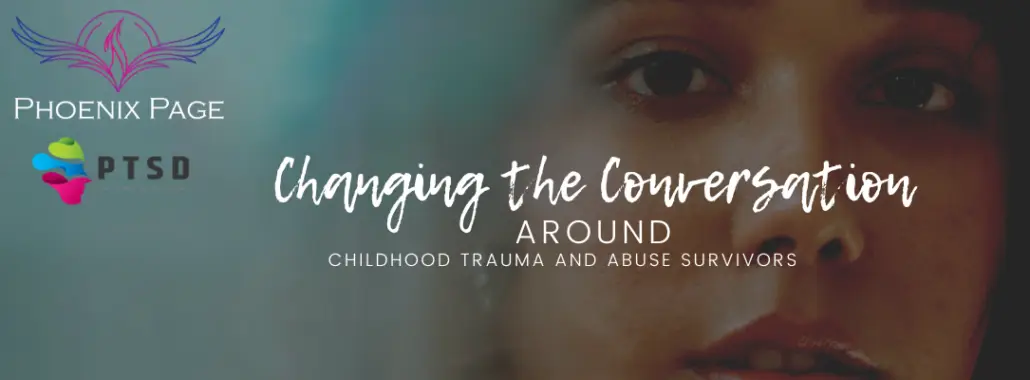
Survivors of childhood trauma and abuse often face dismissive and victim-blaming attitudes. Phrases like “stop focusing on the past,” “get over it,” and “you’re just making yourself the victim” are not only hurtful but also harmful. They undermine the survivor’s experience and further perpetuate their pain. These responses are especially damaging as they shift the blame onto the survivor and dismiss the severity of their trauma.
Educating Kids on Empathy and Mental Health is a Shared Responsibility
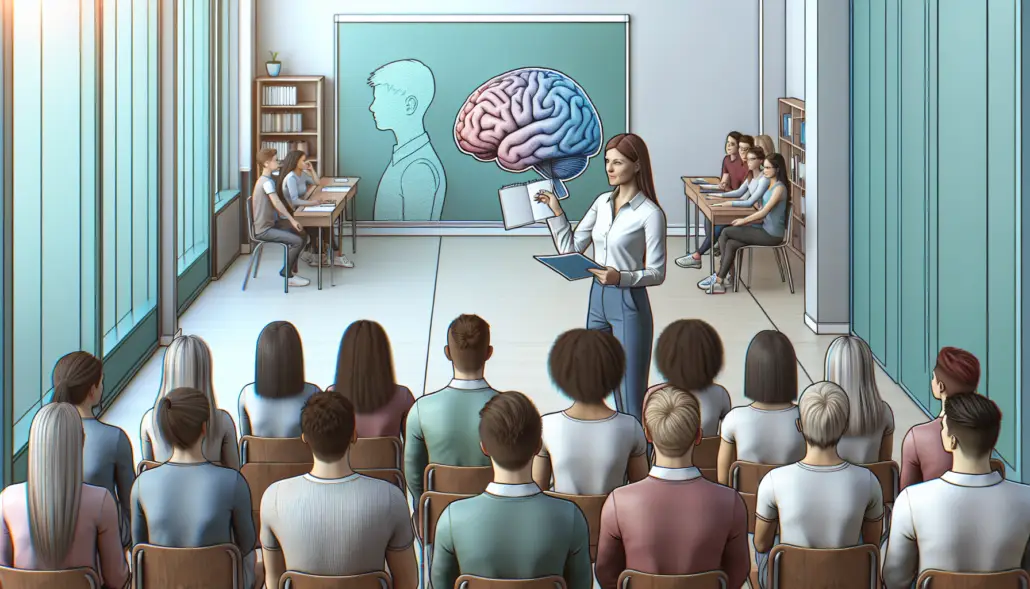
One glaring issue in today’s society is how we treat those who struggle with mental health. For too long, people with mental health challenges have been marginalized, mocked, and misunderstood. Historically, societal norms have dictated that anyone who does not conform is to be viewed with suspicion and distrust. Human beings are hardwired this way, but that doesn’t mean we can’t change. Empathy can be taught and learned, and schools are the perfect setting for this essential education.
Breaking the Silence
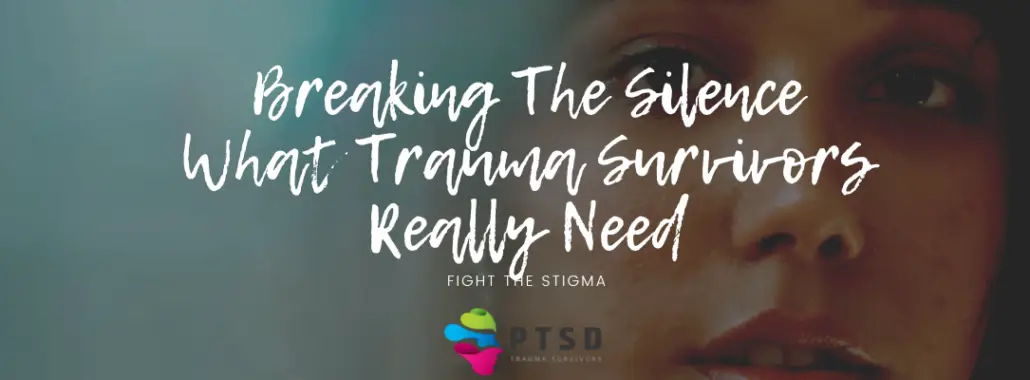
What Trauma Survivors Really Need from Society Living with trauma and its aftermath is a battle fought every day. For survivors of trauma and abuse, the road to recovery is often long and filled with challenges that many cannot see or understand. This blog post aims to shed light on what trauma survivors truly need […]
Words Matter, Actions Matter More

Living with the aftermath of childhood trauma and abuse is an uphill battle. Every day is a struggle, and it’s often made harder by well-meaning but ultimately useless platitudes like “Hang in there.” These words, meant to comfort, can sometimes feel dismissive and disheartening. For those who love us and want to help, understanding how to use language more effectively can be a powerful tool.
Mental Illness Stigma Needs To Stop

Mental illness is an uninvited guest that lingers in the shadows of many lives, often invisible to the untrained eye. As someone who has navigated the murky waters of mental health, stemming from 13 years of childhood displacement, trauma, and abuse, I know all too well the importance of being seen and accepted. Yet, our […]
The System is Rigged Against People on Disability
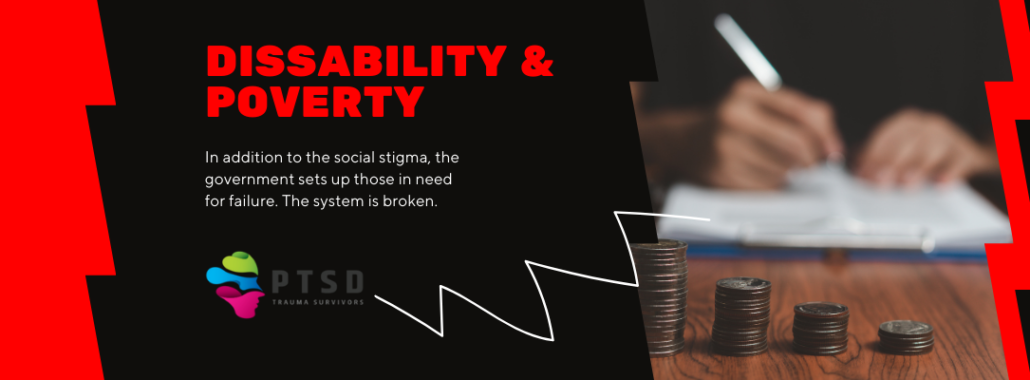
One of the most glaring issues is the inability to save money without facing repercussions from SSI. The program enforces strict asset limits, penalizing those who attempt to save even modest amounts. If you have more than $2,000 in resources, you risk losing your benefits. This cap makes it extraordinarily difficult to plan for the future, whether it’s for emergencies, education, or even something as simple as a small vacation.
Unmasking the “Stop Playing the Victim” Gaslighting Tactic

The phrase “stop playing the victim” is often wielded as a tool of gaslighting against survivors of trauma. Those who use it frequently have little understanding of how trauma works and harbor misguided notions about the healing process. It’s a pernicious statement that invalidates the survivor’s experience and perpetuates a cycle of abuse and violence, often under the guise of ‘tough love’ or misguided authority.
Unveiling the Darkness Within Nightmares and Night Terrors in Trauma Survivors
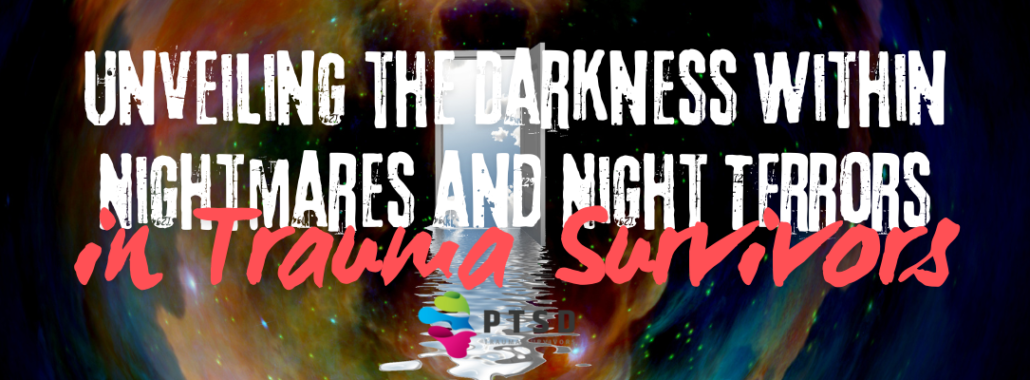
Turning the lights off at night is a seemingly simple daily act for many. It signals the eventual soothing descent into darkness and slumber. However, for survivors of trauma and abuse, the night can become a battleground—one where the mind, a powerful repository of anguish, resurrects horrors in the form of nightmares and night terrors.
Such nocturnal episodes, shrouded in mystery, are often dismissed as mere byproducts of a tired mind or an overactive imagination. Yet, these phenomena harbor secrets that demand our attention, especially within the context of trauma. Nightmares and night terrors are not only harbingers of hidden trauma, they are messengers beckoning us to confront the shadows of the past. Let’s unravel the enigma of these disturbing nocturnal experiences and propose a deeper, more compassionate understanding of their role in the healing process of trauma survivors.
The Healing Power of Taylor Swift’s “Look What You Made Me Do” for Child Abuse Survivors

Child abuse is a global phenomenon that has far-reaching effects not just on vulnerable children, but also on adult survivors. Its impact can show up in many ways, including chronic illnesses, emotional scars, and a tendency to revisit traumatic events. Survivors of child abuse are often forced to internalize the blame, resulting in a phenomenon […]
Demystifying the New Terminology for Different Sexual Identities
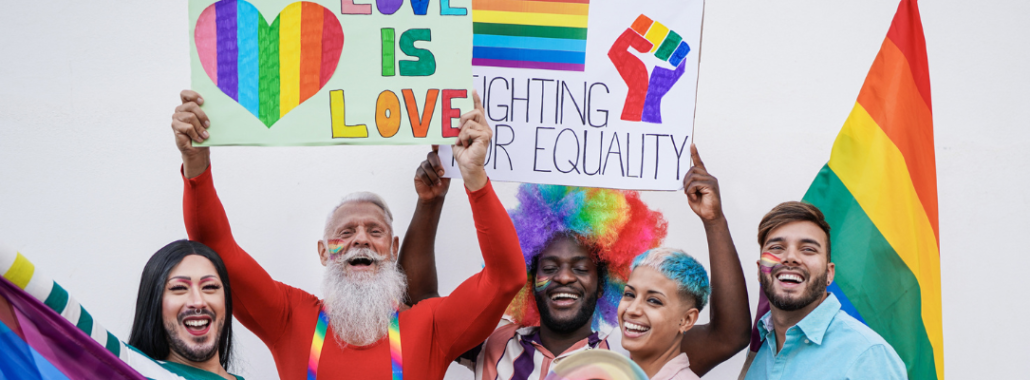
Personal identity is something that is beautiful, and we have begun to open our mind.
